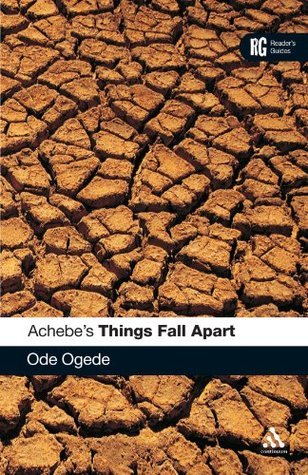Poniżej znajduje się migawka strony sieci Web z dnia
11.06.2024 (tak wyglądała, gdy nasza przeszukiwarka przeglądała ją ostatnim razem). Jest to wersja strony, której użyto w celu ustalenia rankingu wyników wyszukiwania. Ta strona mogła ulec zmianie od czasu ostatniego buforowania. Aby zobaczyć, jakie zmiany mogły zostać wprowadzone (bez wyróżniania ich),
przejdź do aktualnej strony.

